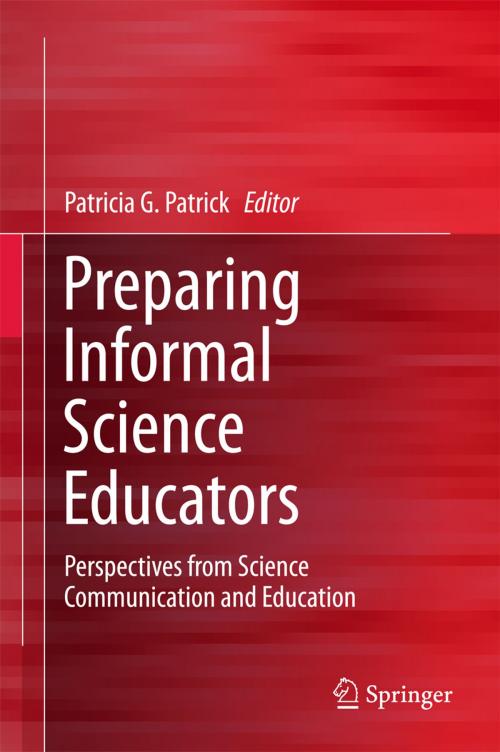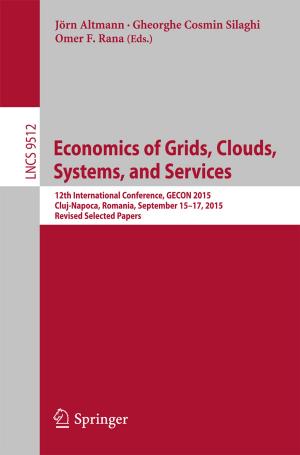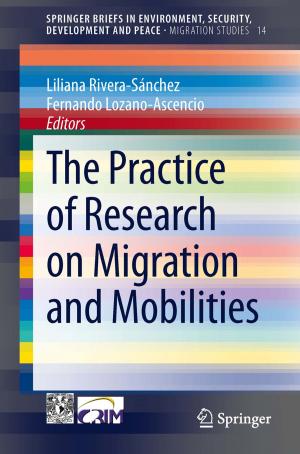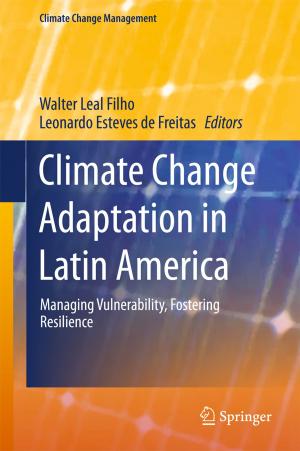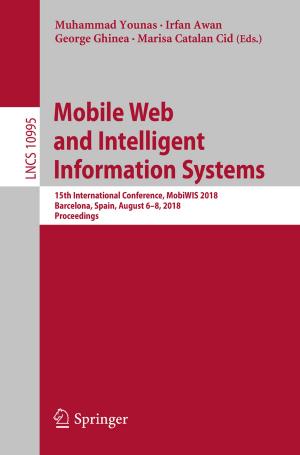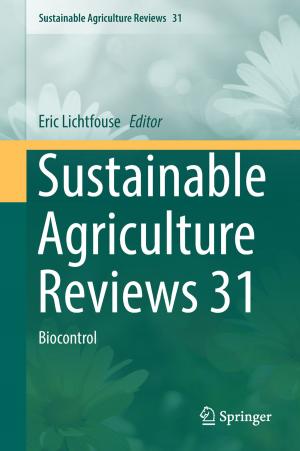Preparing Informal Science Educators
Perspectives from Science Communication and Education
Nonfiction, Science & Nature, Science, Other Sciences, Study & Teaching, Reference & Language, Education & Teaching, Educational Theory, Educational Psychology| Author: | ISBN: | 9783319503981 | |
| Publisher: | Springer International Publishing | Publication: | January 16, 2017 |
| Imprint: | Springer | Language: | English |
| Author: | |
| ISBN: | 9783319503981 |
| Publisher: | Springer International Publishing |
| Publication: | January 16, 2017 |
| Imprint: | Springer |
| Language: | English |
This book provides a diverse look at various aspects of preparing informal science educators. Much has been published about the importance of preparing formal classroom educators, but little has been written about the importance, need, and best practices for training professionals who teach in aquariums, camps, parks, museums, etc. The reader will find that as a collective the chapters of the book are well-related and paint a clear picture that there are varying ways to approach informal educator preparation, but all are important. The volume is divided into five topics: Defining Informal Science Education, Professional Development, Designing Programs, Zone of Reflexivity: The Space Between Formal and Informal Educators, and Public Communication. The authors have written chapters for practitioners, researchers and those who are interested in assessment and evaluation, formal and informal educator preparation, gender equity, place-based education, professional development, program design, reflective practice, and science communication. Readers will draw meaning and usefulness from the array of professional perspectives and be stimulated to begin a quest to scaffold programs and professional development around the frameworks described in this book.
This book provides a diverse look at various aspects of preparing informal science educators. Much has been published about the importance of preparing formal classroom educators, but little has been written about the importance, need, and best practices for training professionals who teach in aquariums, camps, parks, museums, etc. The reader will find that as a collective the chapters of the book are well-related and paint a clear picture that there are varying ways to approach informal educator preparation, but all are important. The volume is divided into five topics: Defining Informal Science Education, Professional Development, Designing Programs, Zone of Reflexivity: The Space Between Formal and Informal Educators, and Public Communication. The authors have written chapters for practitioners, researchers and those who are interested in assessment and evaluation, formal and informal educator preparation, gender equity, place-based education, professional development, program design, reflective practice, and science communication. Readers will draw meaning and usefulness from the array of professional perspectives and be stimulated to begin a quest to scaffold programs and professional development around the frameworks described in this book.
